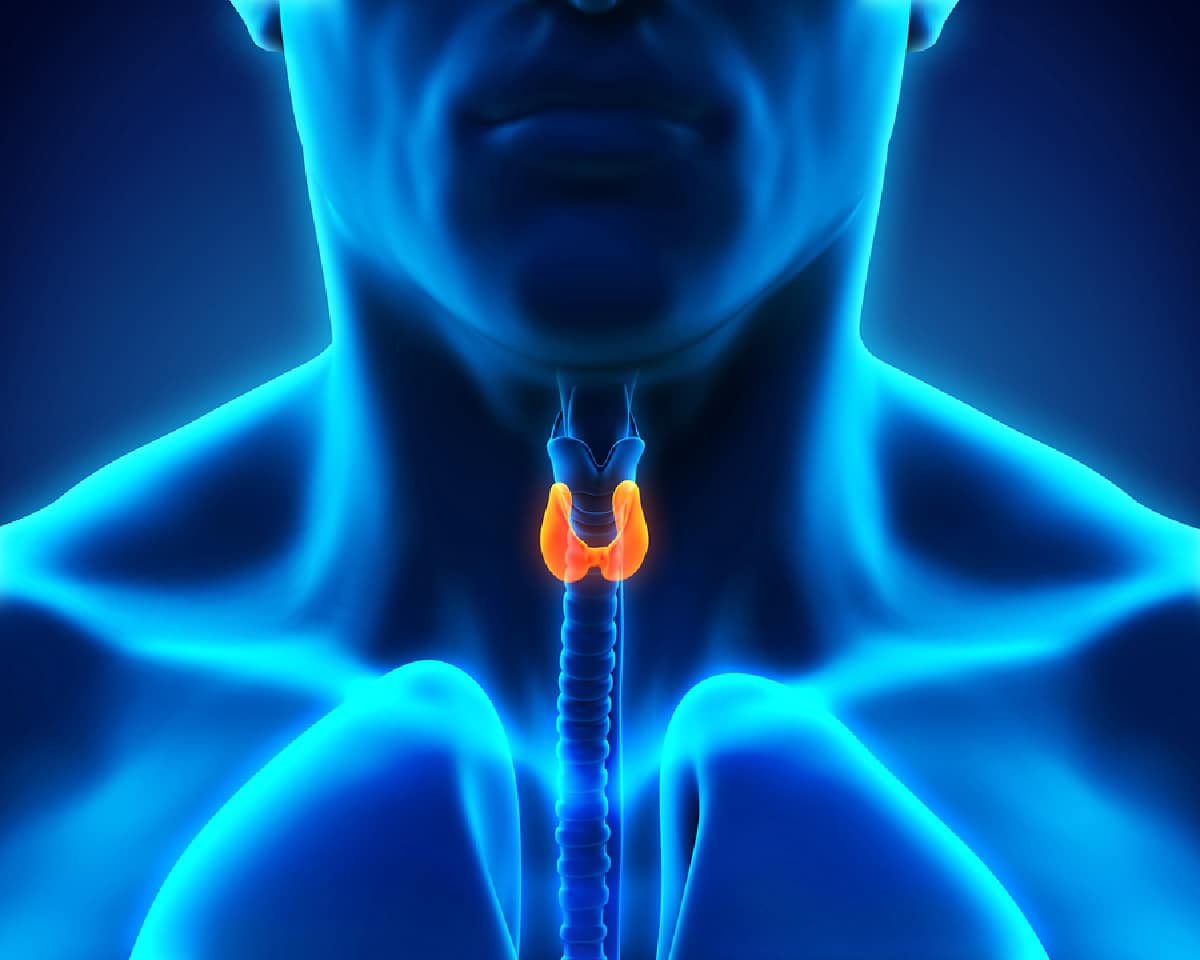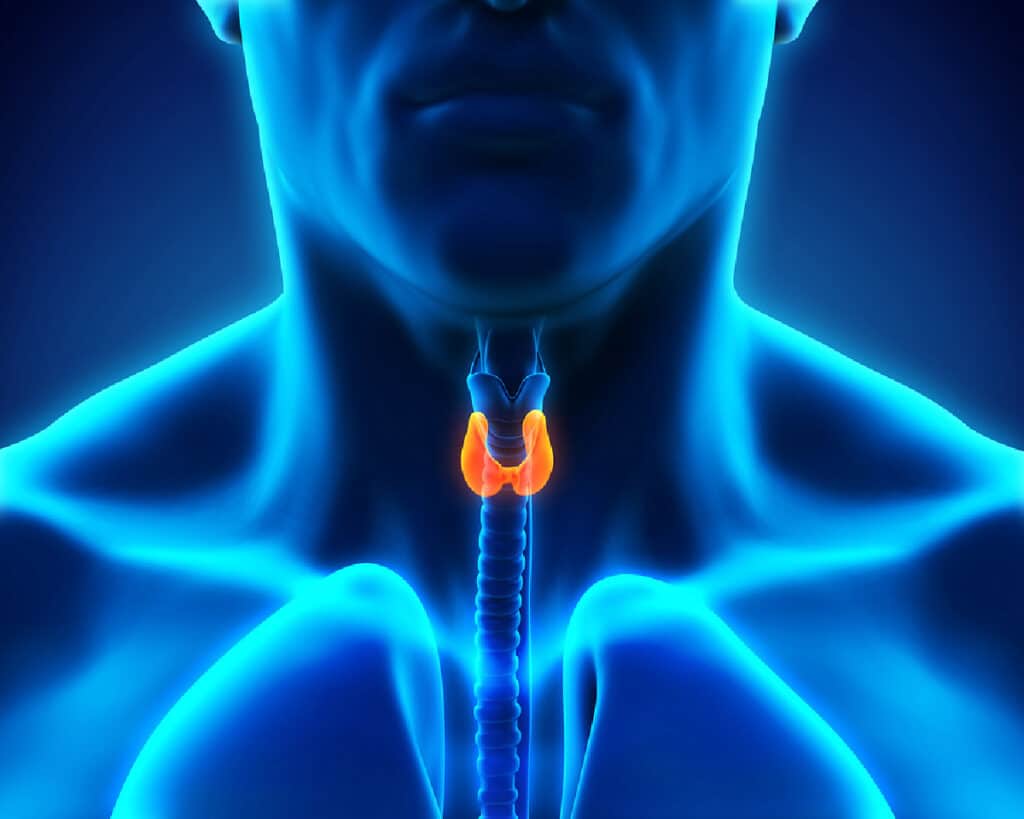Senior Health: Unfortunately, thyroid problems are quite common in the elderly population.
As a family caregiver, it is helpful to know what these thyroid problems are and how they are likely to affect your elderly loved one. Learning about these conditions can ensure that your elderly loved one gets the medical treatment and care they need. A senior health care provider can help with this.

Hyperthyroidism
One of the most common thyroid problems in the elderly population is hyperthyroidism. This condition occurs when a person’s thyroid is overactive – letting out an abundance of thyroid hormones.
If someone has hyperthyroidism, their body systems are constantly overworking themselves. Sometimes, a toxic nodule is the cause of hyperthyroidism. Inflammation of the thyroid could be causing this issue, as well.
Some symptoms your elderly loved one might experience if they have hyperthyroidism include:
- Severe fatigue
- Apathy
- Irregular heart rate
If your elderly loved one is experiencing these symptoms, you or a senior home care provider should take them in to see their doctor.
Hypothyroidism
Many elderly people have hypothyroidism, as well. This condition occurs when a person’s thyroid isn’t working fast enough – making too little of the hormones needed. The most common thing that causes this condition is an autoimmune condition called Hashimoto’s thyroiditis.
Some symptoms you might notice if your elderly loved one has this condition include:
- Dry skin
- Constipation
- Excessive sleepy
- Weight gain
If you notice these symptoms in your elderly loved one, be sure you or a senior care provider get them in to see their doctor. The sooner they can get treatment, the sooner they can start feeling better.
Thyroid Nodules
There are many elderly people who have thyroid nodules. These nodules are abnormal thyroid gland growths. Sometimes, they can be physically seen and other times they can only be felt under the skin.
Most of the time, thyroid nodules are benign. Most people don’t experience any symptoms with these nodules.
However, if you or a senior health home care provider suspect your elderly loved one has a thyroid nodule, be sure to schedule them a doctor’s appointment.
Senior Health: Conclusion
There are various thyroid problems that are common in the elderly population. The ones that are mentioned here today are some of the most common. If your elderly loved one experiences any of the symptoms mentioned above or you suspect they have a thyroid nodule, make sure you or a senior home care provider have them see their doctor. The sooner they get seen by their doctor and get treatment if it is needed, the better it will be for their health.
If you or an aging loved-one is considering Senior Care in Burr Ridge, IL, please contact the caring staff at Suburban Home Care today. 630-964-9000
Sources
https://www.ncbi.nlm.nih.gov/pmc/articles/PMC3401753/
https://www.thyroid.org/thyroid-disease-older-patient/
There are several great reasons why Suburban Home Care® should be your choice for quality homecare. All of our Certified Nursing Assistants and Home Health Aides are screened, trained, bonded and insured.
Every family needs to be aware that almost every Homeowner’s insurance policy specifically excludes anyone working within your home. If the person you hire becomes injured while working for you, you will become personally responsible for all of their medical bills. This has left several families very vulnerable when their caregiver injured themselves at their home.
The potential to lose everything you have worked so hard to achieve seems an unnecessary risk. Every one of Suburban Home Care®’s employees are completely covered by insurance so you and your loved ones can relax knowing that if something unforeseen happens to your caregiver, they are completely covered by insurance.
- Home Care Assistance Supports ADLs and IADLs for Seniors - April 24, 2025
- What Can Families Do When Seniors Don’t Want to Talk? - April 7, 2025
- SPRING SPECIAL! - April 4, 2025



